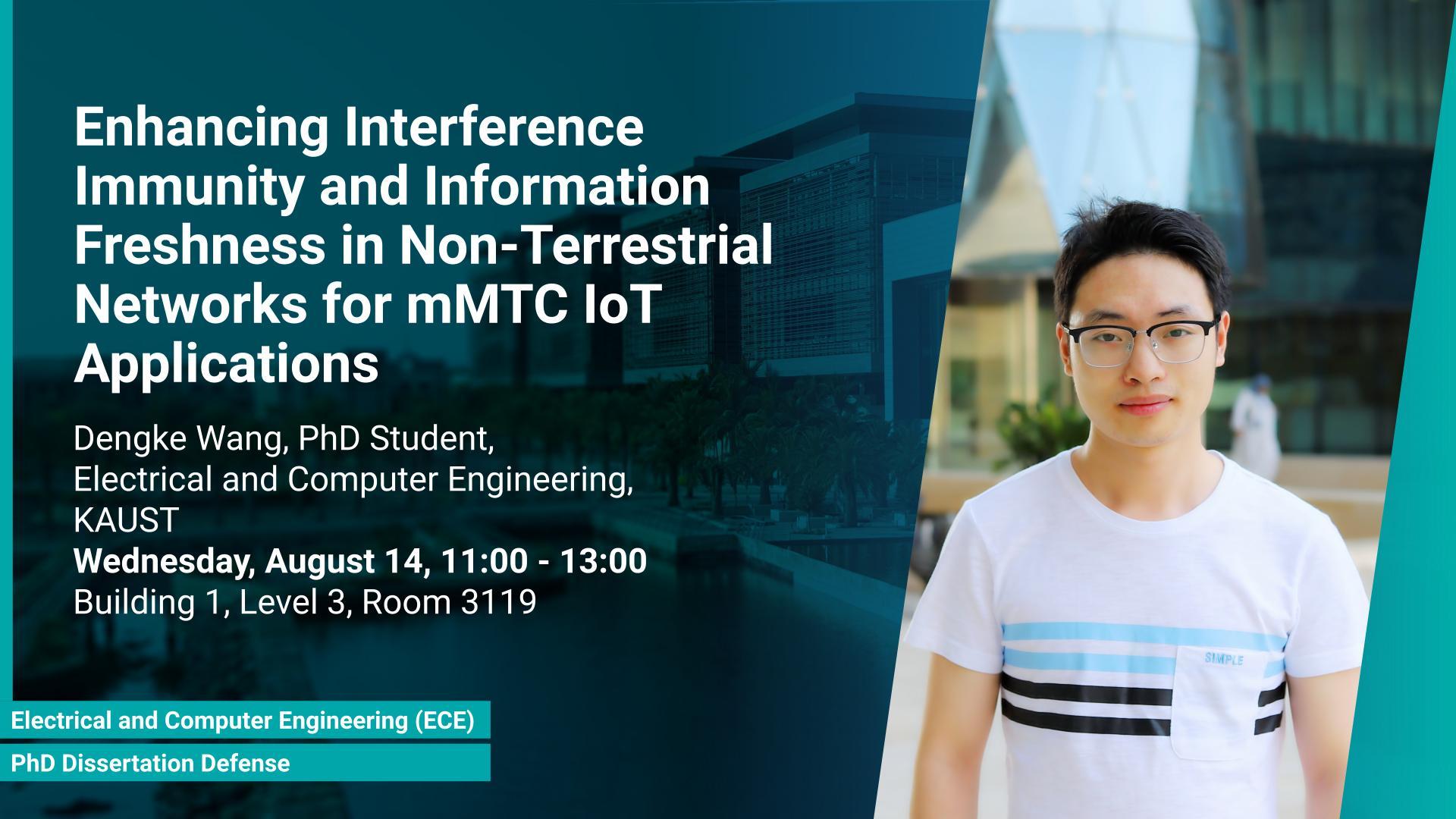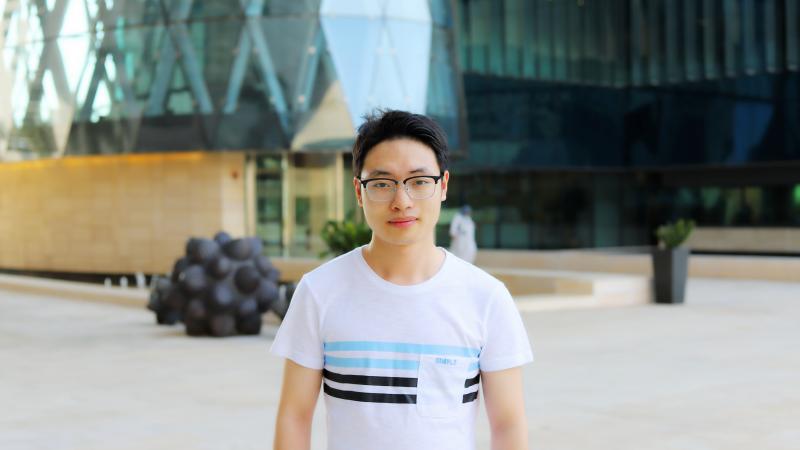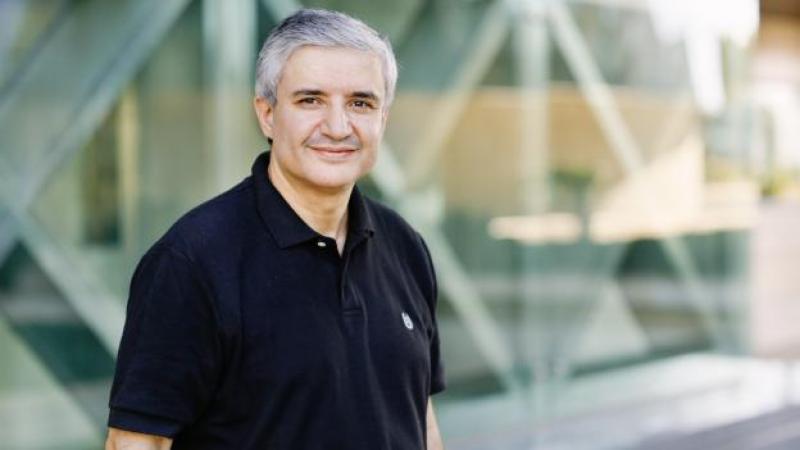Event Start
Event End
Location
Abstract
With the evolution of Internet of Things (IoT) technology, an increasing number of devices are spreading around the world and being integrated into existing networks, exacerbating interference among users and causing delays. To address these challenges and satisfy the requirements of massive Machine Type Communications (mMTC), this study first investigates the performance of IoT communication technologies in non-terrestrial networks and proposes a design to enhance interference immunity and information freshness within satellite-integrated IoT networks. Specifically, this research conducts a comparative performance analysis of three mainstream IoT technologies facing a large-scale user base and multi-layered non-terrestrial networks as the receiving medium, leading to an optimized load distribution strategy for optimal network throughput. The study identifies technical limitations in existing technologies regarding interference resistance and enhances the interference immunity performance of the emerging Long Range - Frequency Hopping Spread Spectrum (LR-FHSS) technology. Based on the fundamental packet structure and frequency band settings of LR-FHSS, high-order GF encoding and erasure codes are introduced, along with strategies for detecting erasure symbols, significantly enhancing the system’s error correction capabilities while reducing energy consumption in frequency-hopping spread-spectrum (FH-SS). Furthermore, addressing the limitations of low power wide area network (LPWAN) technology dependent on primary access protocols such as unslotted ALOHA, this paper explores modern access technologies like irregular repetition slotted ALOHA (IRSA), significantly improving network throughput. It was found that previous studies assumed a unit duration of 1 for single slots in freshness research, which is sufficient for IRSA performance studies but inadequate for age-related research. To counteract this trade-off, the performance under physical layer channel coding and packet layer IRSA access protocol was examined, leading to a network age optimization strategy based on observable deployment parameters. Finally, potential future research directions are highlighted for the thesis.
Brief Biography
Dengke Wang received the B.Sc. degree from the University of Science and Technology of China, Chengdu, China, in 2019 and the M.Sc. degree from the King Abdullah University of Science and Technology, Thuwal, Saudi Arabia, in 2021, where he is currently pursuing the Ph.D. degree. His main research interests include sound localization, satellite communication, and IoT communication.


